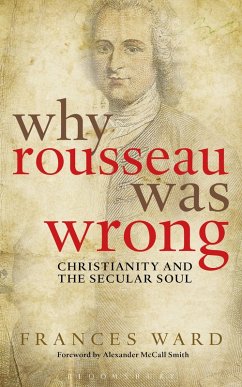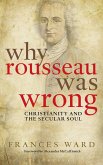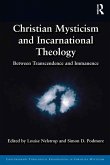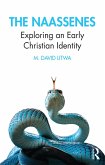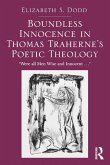A significant and lively contribution to current debates about the role of religion in a society dominated by secular humanism.
Post-Olympic Britain looks like a very different country from the brittle, post-riot Britain of 2011. However, despite the successes of 2012, Frances Ward argues that underlying tensions remain in our society because we have forgotten how to nurture belonging and trust.
Tracing the origins of modern identity politics back to key Enlightenment thinkers, she offers an alternative model of citizenship to the excessive individualism of secular humanism. She examines the Church's role in shaping Western society in ways which are reflected in the Olympic spirit: belonging together (corporate rather than individualistic identity), about doing things as ends and not means (non-utilitarian, non-instrumental), and about developing character and virtue (rather than a sense of 'identity').
Writing in an accessible and engaging style, drawing on contemporary literature and particularly the work of Alexander McCall Smith and his fictional character Isabel Dalhousie, Ward explores ways in which twenty-first century society can be rebuilt and strengthened for the future.
Post-Olympic Britain looks like a very different country from the brittle, post-riot Britain of 2011. However, despite the successes of 2012, Frances Ward argues that underlying tensions remain in our society because we have forgotten how to nurture belonging and trust.
Tracing the origins of modern identity politics back to key Enlightenment thinkers, she offers an alternative model of citizenship to the excessive individualism of secular humanism. She examines the Church's role in shaping Western society in ways which are reflected in the Olympic spirit: belonging together (corporate rather than individualistic identity), about doing things as ends and not means (non-utilitarian, non-instrumental), and about developing character and virtue (rather than a sense of 'identity').
Writing in an accessible and engaging style, drawing on contemporary literature and particularly the work of Alexander McCall Smith and his fictional character Isabel Dalhousie, Ward explores ways in which twenty-first century society can be rebuilt and strengthened for the future.

